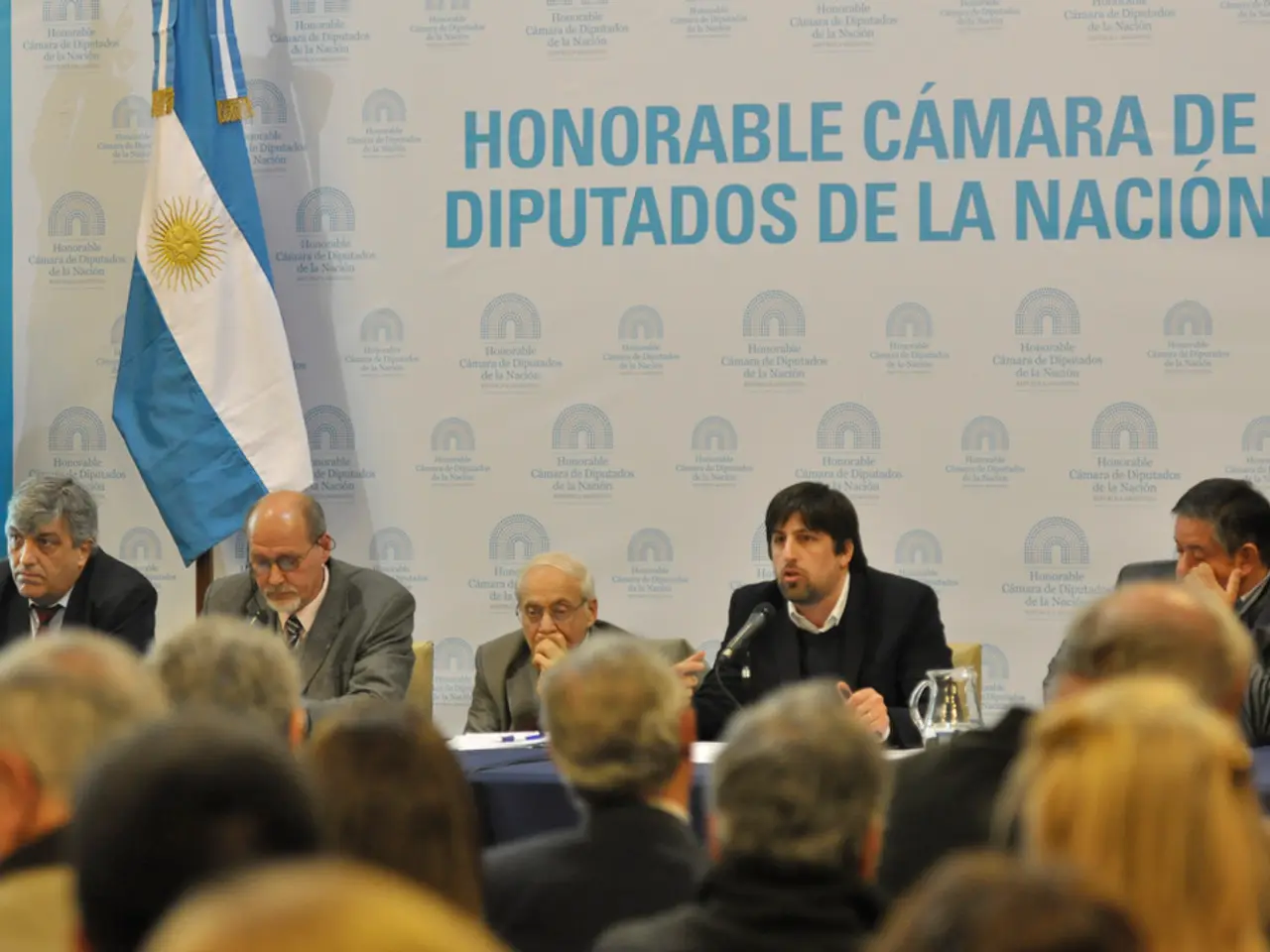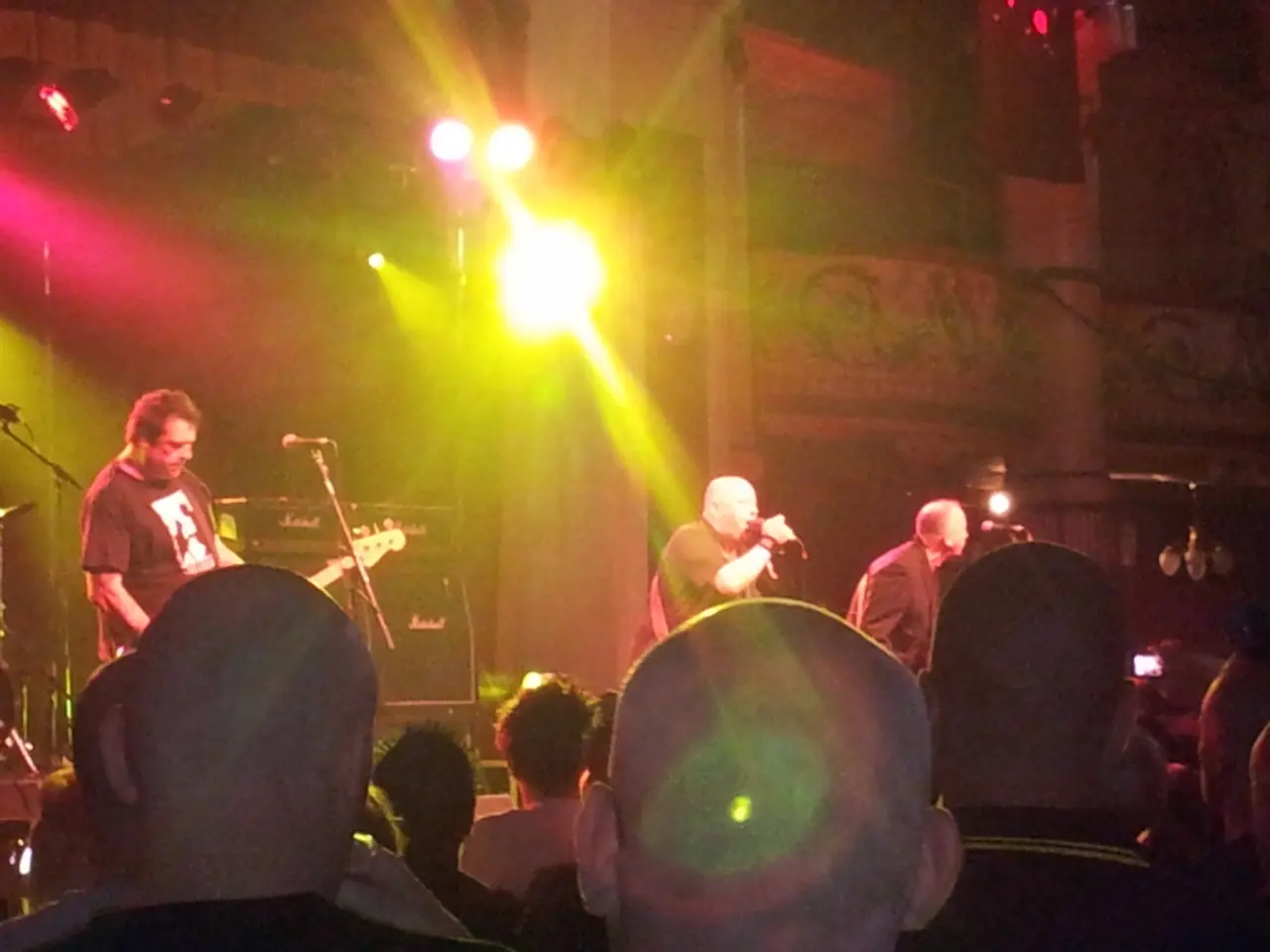Civilians Neglected Amidst Ongoing Crisis
In the heart of Europe, the German public debate on the recent conflict between Israel and Iran is marked by a growing division and critical scrutiny. Amidst the chaos, the plight of civilians, particularly those in Iran, is increasingly at the forefront of the discussion.
The latest war between Israel and Iran has claimed over a thousand lives, yet the civilian population in Iran seems to have been reduced to a footnote in the grand scheme of the conflict. Reports of deportations, torture, and executions continue in Iran, even under the accusation of spying for Israel. Yet, visas for asylum seekers and financial support for the people in Iran are issued at a slow pace, if at all.
The German public opinion shows a complex and shifting pattern regarding Israel's role in conflicts in the Middle East. Polls indicate a rising proportion of Germans wanting the government to distance itself from Israel, and a significant majority supporting ending arms sales to Israel, despite official government opposition to such a ban. This shift reflects skepticism about Israel's military actions, including those against Iran and Gaza, and concerns about compliance with international humanitarian law.
Within German political discourse, some senior figures openly question Israel's military tactics. Chancellor Friedrich Merz, for instance, controversially described Israel's attacks on Iran as serving “dirty work” for the Western world, praising Israeli leadership while ignoring reports of civilian casualties caused by Israeli airstrikes in Iran.
Regarding Iran, German debate acknowledges the multifaceted pressures on Iranian civilians. The Iranian regime accuses Israel and its allies of attempting to destabilize Iranian society and suppress development by fomenting fear of military aggression and silencing domestic movements such as the Women-Life-Freedom movement.
However, the German debate also highlights the Iranian regime's narrative that external threats, including Israeli and U.S. cyber and military pressure, are used to justify internal repression. The gap in the debate about balancing support for Israel with concerns about human rights impacts on civilians in Iran is further exacerbated by the lack of integration of the perspectives of Germany's substantial Muslim population.
In the midst of this complex debate, it is essential to remember the words of the Persian poet Saadi: "The suffering of others should move us." The chaos in Tehran, with no bunkers, warning sirens, or protection for the population, serves as a stark reminder of the human cost of the conflict. The suffering of the Iranian people, as stated by Iranian rapper and activist Toomaj Salehi, who was imprisoned, is that they are hostages, not parties to the war.
The war between Israel and the Islamic Republic is being used as a projection screen for German narratives. It is time to move away from projections and towards the people - in Tel Aviv, Gaza, Tehran, everywhere. The vision should be one of empathy, understanding, and action to alleviate the suffering of civilians caught in the crossfire of geopolitical conflict.
- The German public debate, regarding the war-and-conflicts between Israel and Iran, is marked by a complex and shifting pattern, influenced by politics and general-news.
- Amidst the German discussion on the war-and-conflicts, the suffering of civilians, particularly those in Iran, is increasingly at the forefront, with calls to empathize and alleviate their suffering, as stated by the Persian poet Saadi: "The suffering of others should move us."





